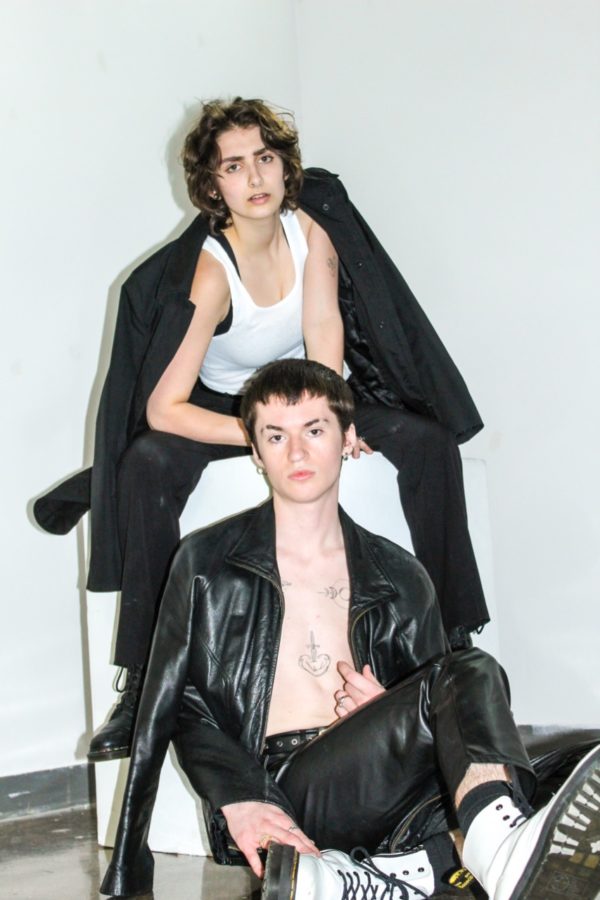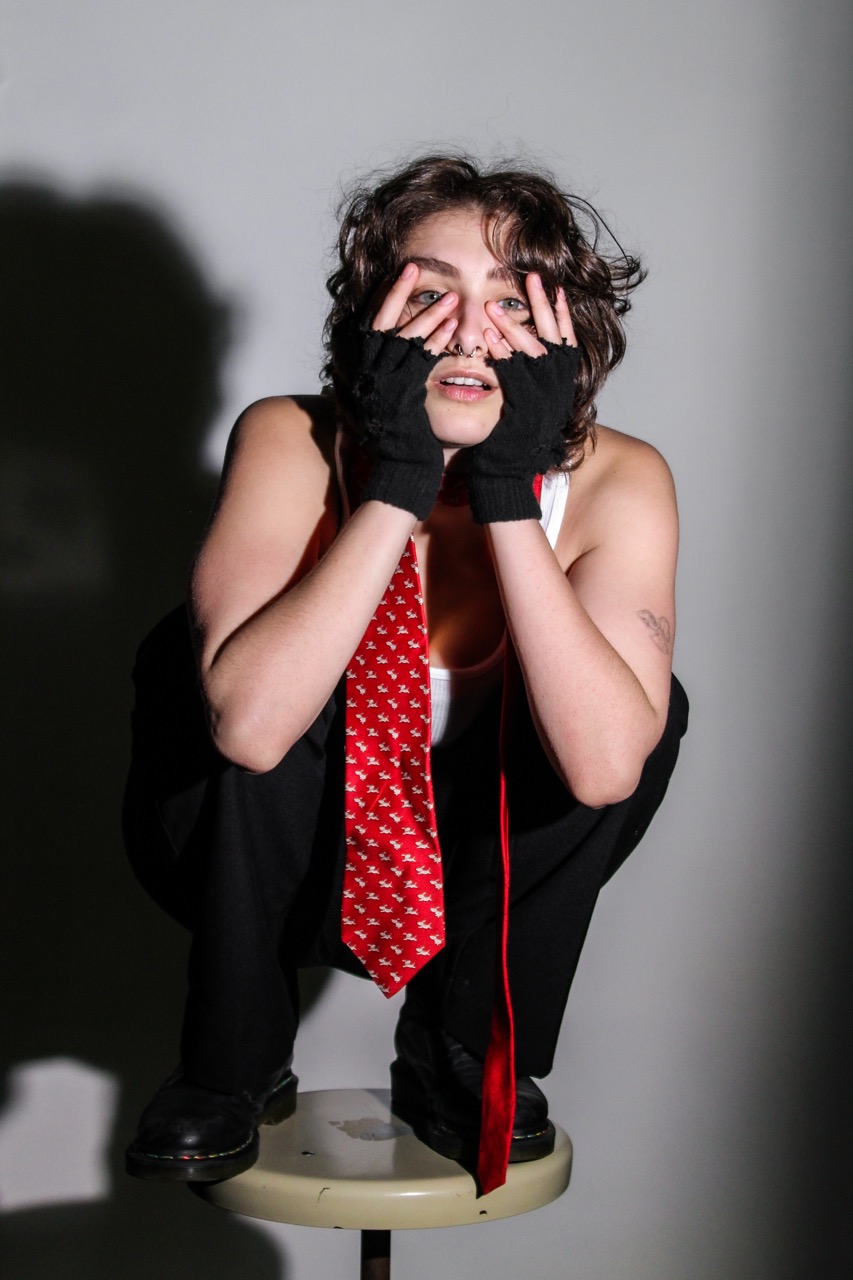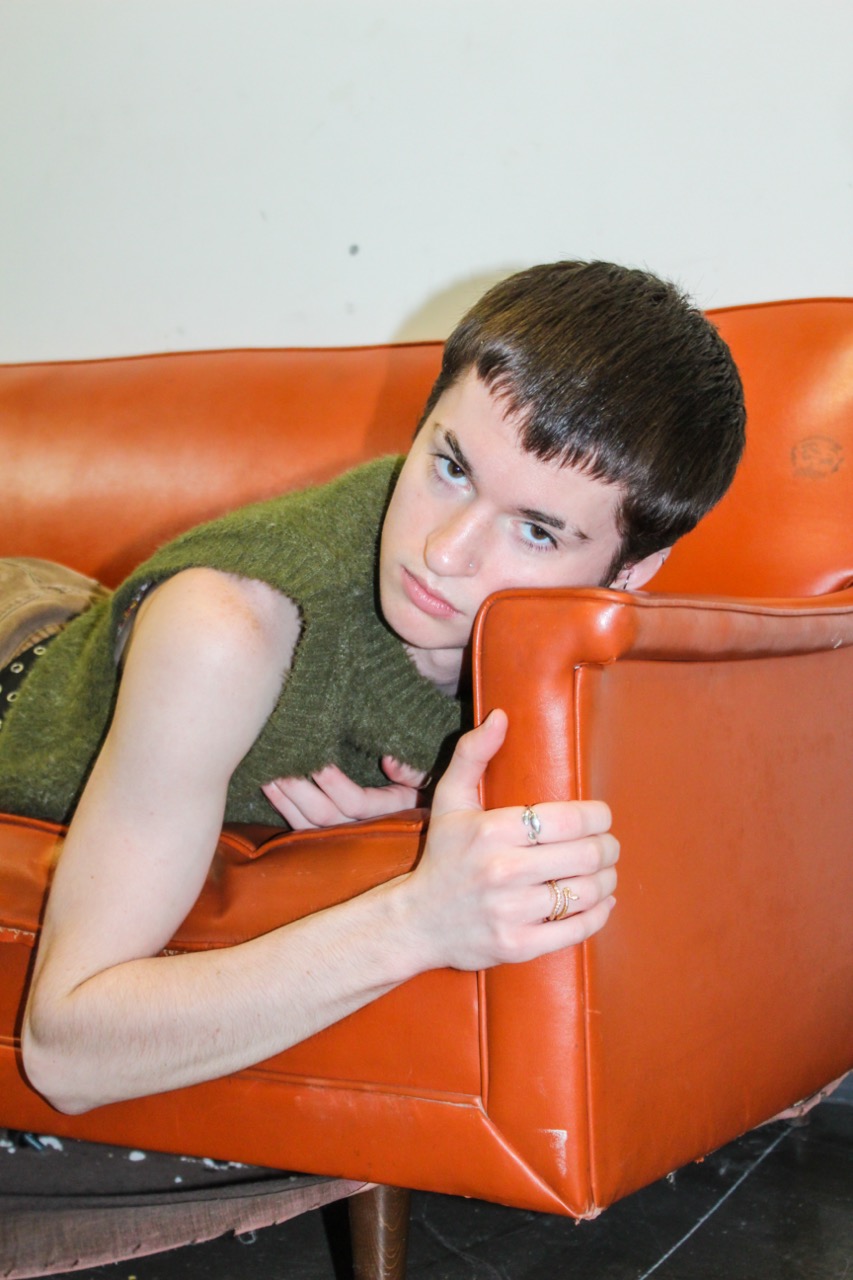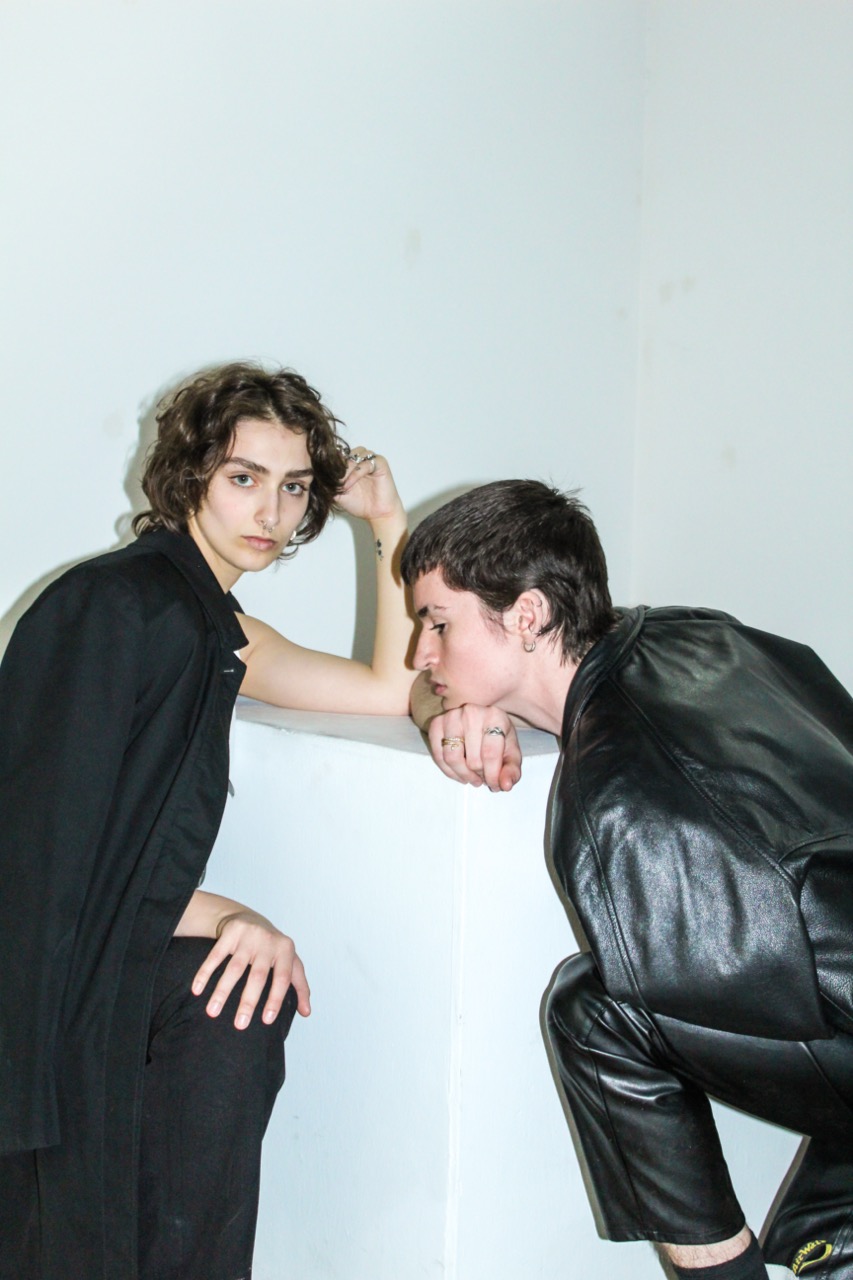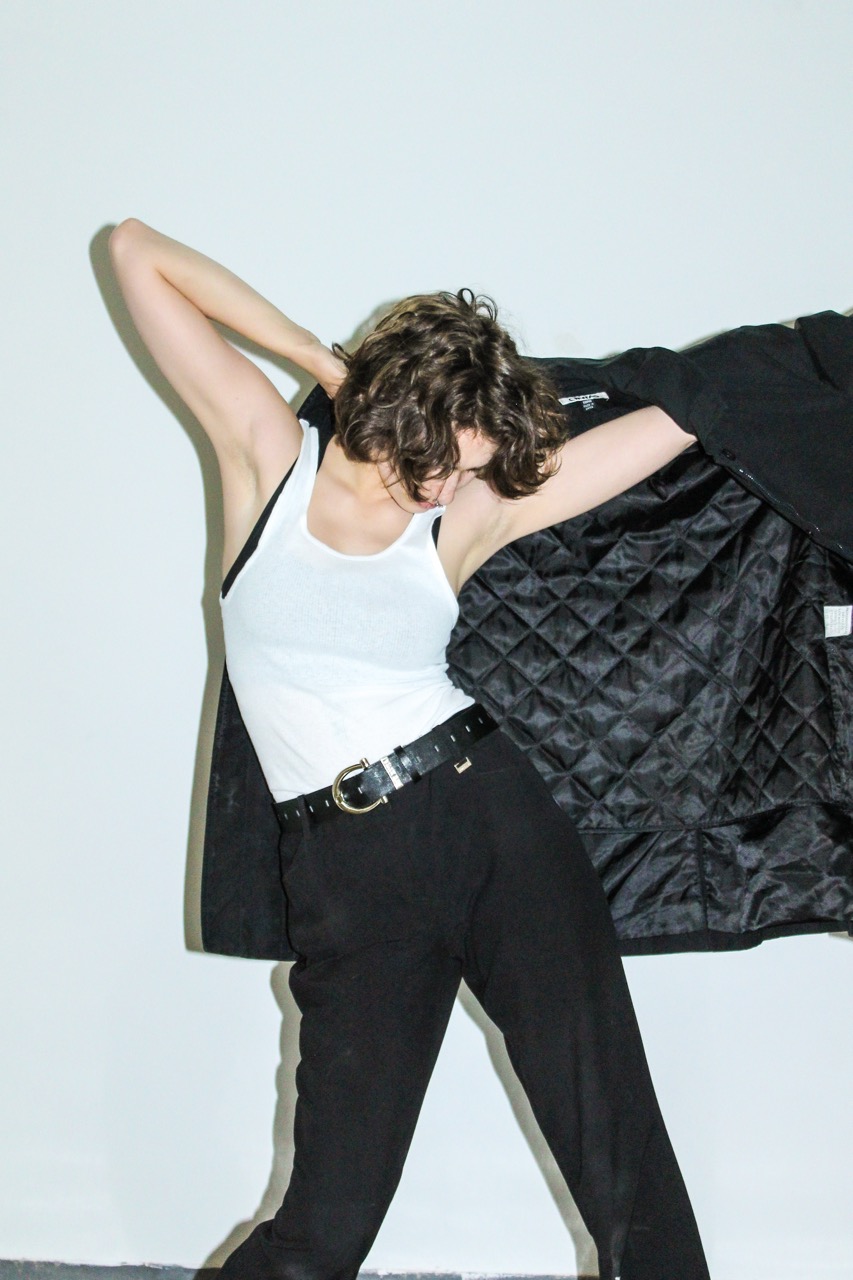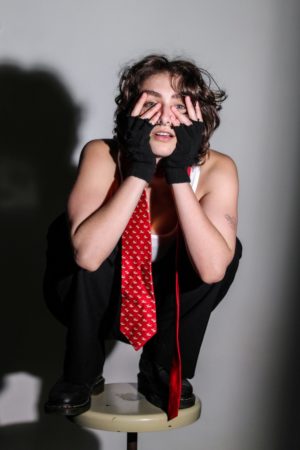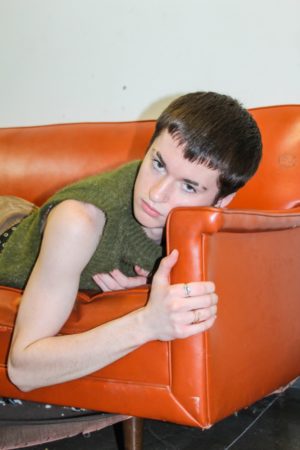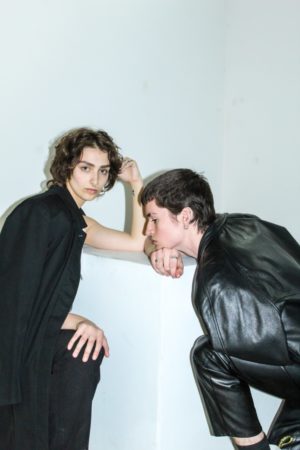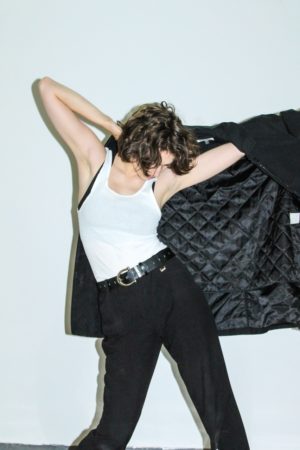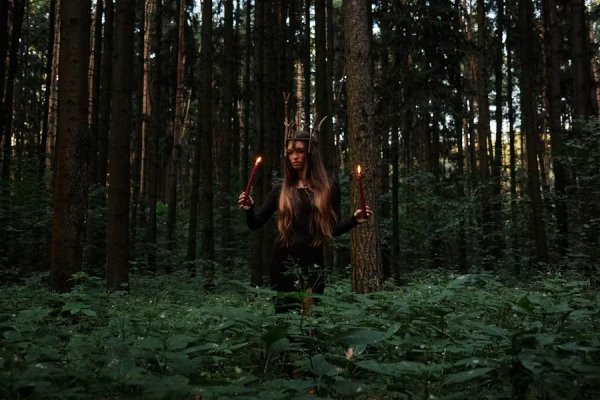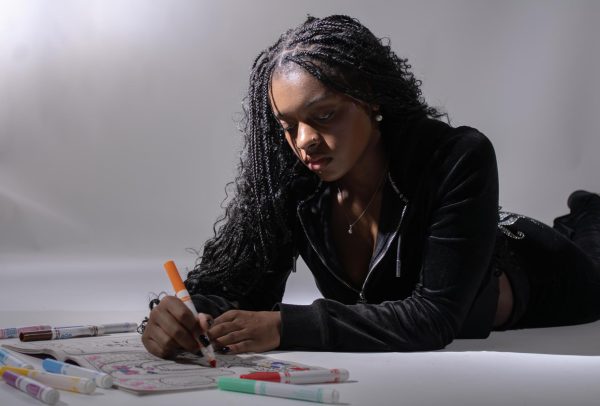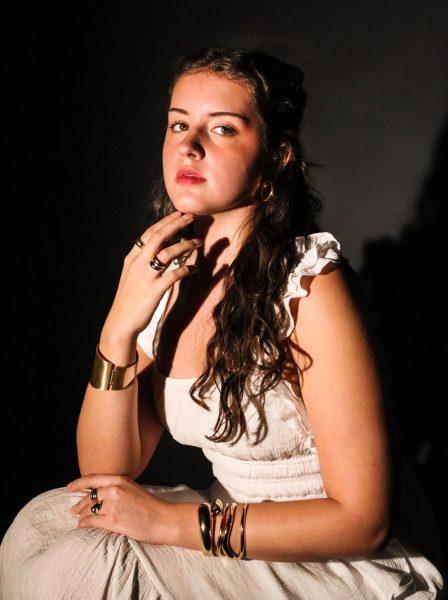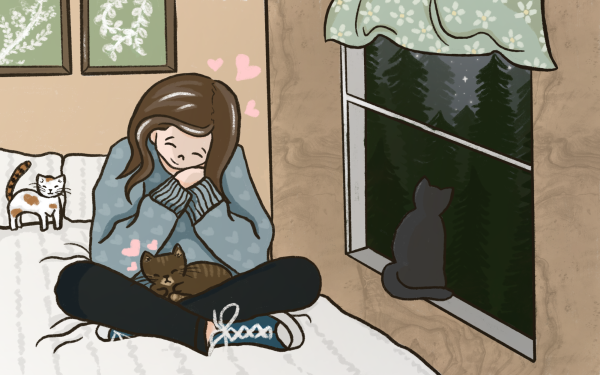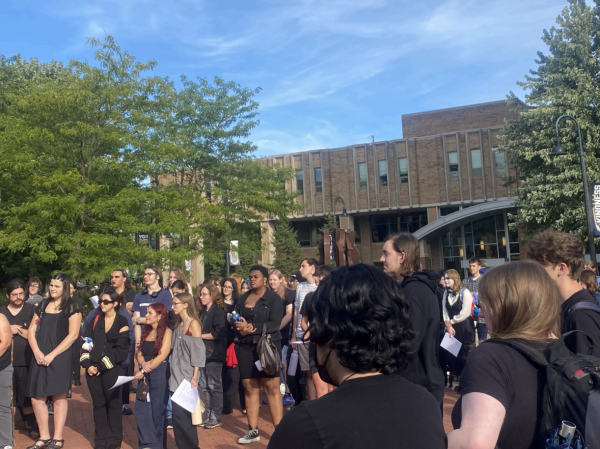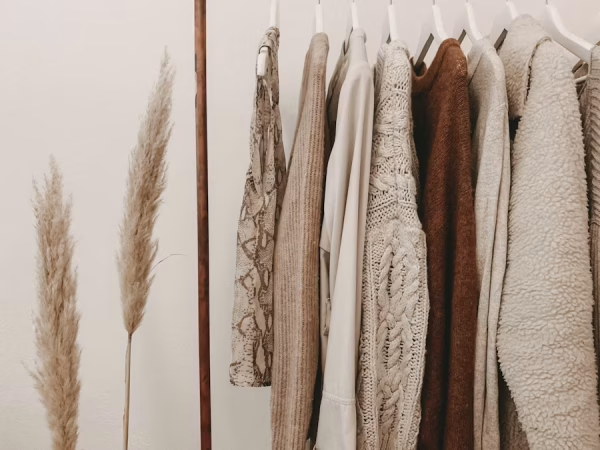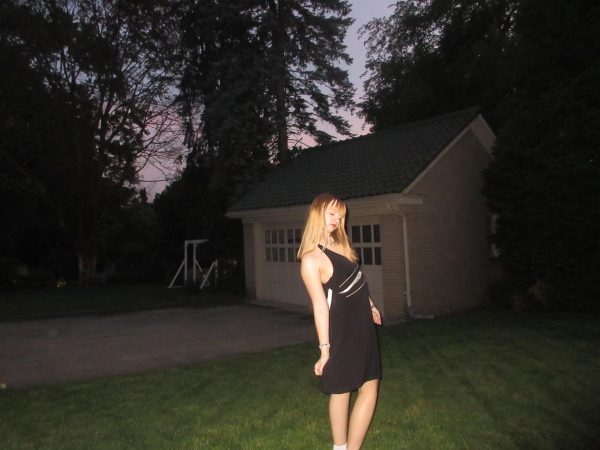a love letter to all the queer kids out there
It’s 2008 and The Pussycat Dolls just released the music video for “When I Grow Up” on MTV. In front of the TV, my sister and I dance around the living room in our improvised bed sheet dresses trying to copy their moves. My father walks in to invite me to play a soccer match with him and is not so happy when he’s met with the scene of me being a full-blown girly boy.
Dressing up in my mom’s clothes and secretly wearing her high heels, putting on makeup, playing with Barbie dolls, putting on nail polish… you name it, I probably did it as a kid.
Being a queer kid is not something that can be deemed easy. Aside from suffering multiple societal and frequently familiar pressures to fit into the expected behavior for your biological gender, there are also internal conflicts that get in the way of a peaceful upbringing.
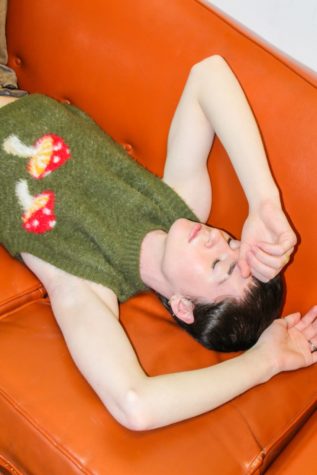
Growing up as a girly boy made me realize that reality early in life. Like most kids, I looked for a role model in my parents, and the thing was, in some ways, I was much more like my mother and sister than my father.
Quickly, that turned out to be a problem, considering that I was from a somewhat religious and heteronormative family. Common phrases that I would hear were: “Boys don’t wear makeup,” “Boys don’t sit like that,” “Boys don’t cry” (the ultimate cliché) and many other things that were coded as internalized prejudice in my mind.
The first contact with my “incompatibility” as I grew up in a traditional Brazilian family was my father’s and extended family’s expectations about me being passionate about soccer, cars and talking about the girls from school. But I didn’t care at all about any of that, I just wanted to be a kid and express myself.
Aside from the extremely problematic stimulation of little boys for sexual dominance, which can be a topic for a whole ‘nother article, being constantly repressed by those who are supposed to raise you can mess up your self-esteem and expression. Especially when the same rejection meets you at school, online and maybe even on the streets.
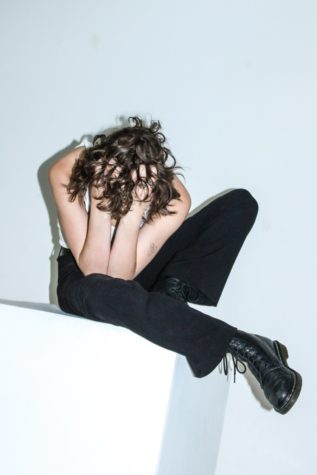
Finding community, acceptance and representation that affirms to you that things are going to be OK is essential; however, that is not something that frequently happens for queer kids.
In my case, I was lucky enough to find the gayest friend group in high school and be able to come to terms with my sexuality with the support of my friends, but some kids don’t have the same space to explore and develop this part of their identity.
When talking to Lauren, Kent State University sophomore, she reported the self-repression she faced as a kid when coming to terms with her bisexuality.
“I only knew, like, gay and then lesbian. I didn’t know there was more. And so I was just very confused. And actually, I wasn’t out to myself until last year. So I was just like, I lived in denial for a long time,” Lauren said.
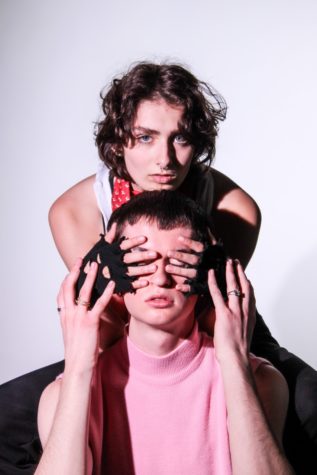
The denial many of us go through is because the world around us makes us feel like we have something to hide and be ashamed of. Lauren, who is not out to her family, talked about reasons that stopped her from coming out.
“With extended family, that’s where the acceptance kind of goes away,” Lauren said. “Like with a lot of extended families. I haven’t witnessed it first hand because I’m not out to them, but with other family members who are in the LGBTQ+ community, they’ve gotten mistreated by their family. So I’ve seen that, and so that kind of stopped me from feeling comfortable enough to be my authentic self in front of them.”
As much as we want to come out and not care about any judgements, that’s not always possible, especially when it’s your family that might reject you.
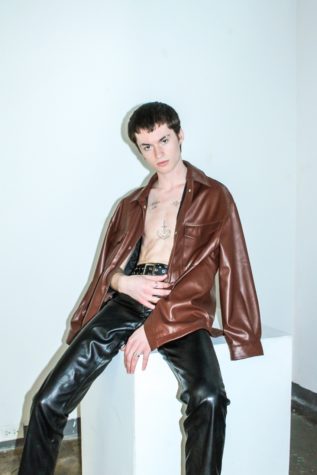
That’s when seeing yourself in the media or in someone that represents you and is thriving, we are reassured that we have a chance of being okay and finding a space in the world.
Unfortunately, for kids born in the 1990s to 2000s, that kind of representation wasn’t available at all. Queer people represented in the mainstream media were either used as a comedy asset, frequently being ridiculed, sob stories, objects of extreme sexualization or a bad example of everything that violates conservative principles.
Nowadays, with shows like “Heartstopper,” kids can have access to media that shows them that they also have a chance in falling in love and finding their place in the world.
This article is a love letter to every queer kid that was wronged during their upbringing. The way we were raised might have been unfair and oppressive, but there is comfort in the thought that the world is slowly changing.
As said before, coming out is definitely not easy. We should always prioritize personal safety if our environment is not welcoming towards LGBTQ+ people. However, I hope wherever you are, that you find community and love in those around you.
Support Student Media
Hi! I’m Catie Pusateri, A Magazine’s editor-in-chief. My staff and I are committed to bringing you the most important and entertaining news from the realms of fashion, beauty and culture. We are full-time students and hard-working journalists. While we get support from the student media fee and earned revenue such as advertising, both of those continue to decline. Your generous gift of any amount will help enhance our student experience as we grow into working professionals. Please go here to donate to A Magazine.

